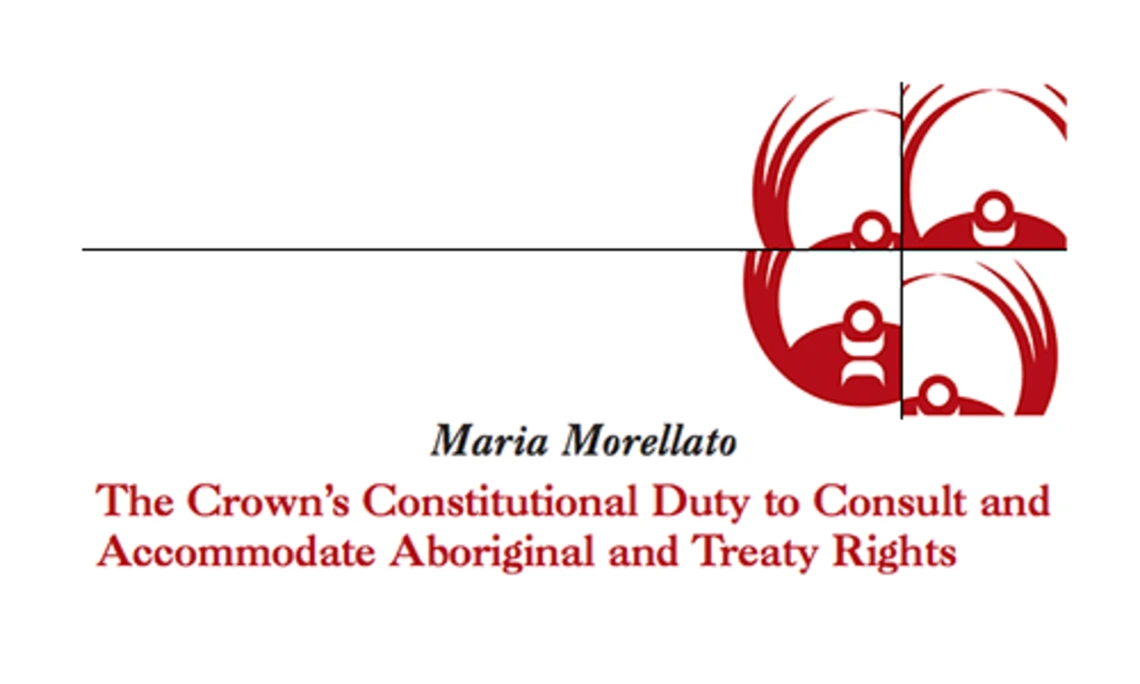The Crown’s duty to consult and accommodate Aboriginal and treaty rights is a fundamental matter of social justice that invokes very solemn legal obligations. Reconciliation and win-win situations can be achieved with good faith negotiations if the federal and provincial Crown immediately endorses and commits to a significant change in their current consultation and accommodation policies and practices. Basic tenets relating to the respect, recognition and reconciliation of Aboriginal and treaty rights must be coupled with joint decision-making and dispute resolution processes. Our courts have established and developed legal principles concerning enforceable Crown obligations that provide shape and substance to the consultation and accommodation process. The courts have also underscored the need for reconciliation and negotiated solutions to outstanding aboriginal title and treaty rights disputes. Aboriginal peoples are entitled at law to have a clear and decisive voice in Crown decisions that may impact, not only the use and disposition of their traditional lands and resources, but also their social and cultural well-being. Unilateral decision-making by the Crown is no longer legal in this context. At the heart of the Crown’s legal responsibility to consult and accommodate aboriginal and treaty rights are choices made every day by Crown leaders and officials which very seriously impact, not only fundamental constitutional rights, but the very health and well being of hundreds of thousands of women, men and children living in Canada.
Additional Information
Morellato, Maria. "The Crown's Constitutional Duty to Consult and Accomodate Aboriginal and Treaty Rights". Research Paper for the National Centre for First Nations Governance. National Centre for First Nations Governance. Canada. February 2008. Paper.

